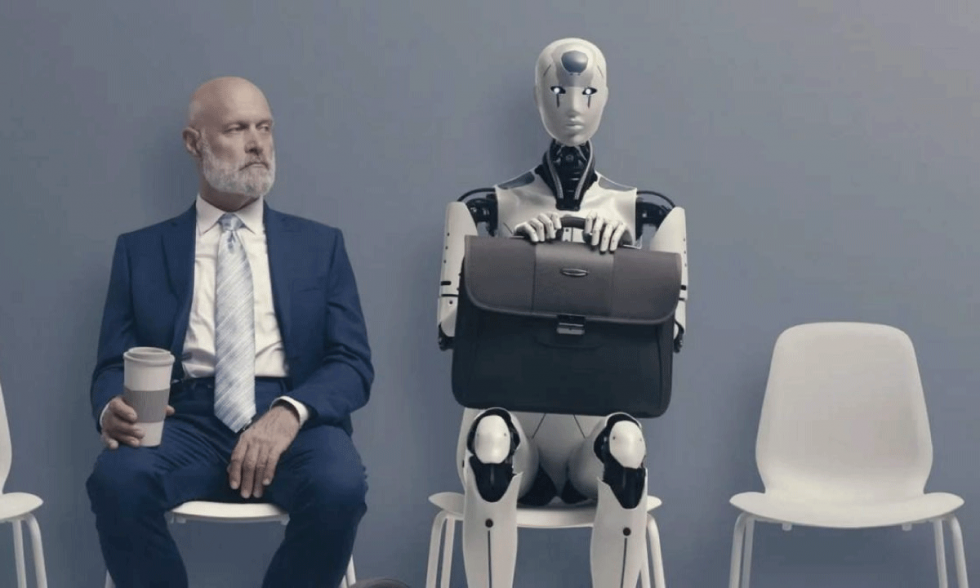Florida Department of Education Surpasses $200 Million Investment in Workforce Education
The Florida Department of Education (FLDOE) has achieved a significant milestone by awarding more than $200 million to support workforce education programs statewide. This substantial investment underscores the department’s commitment to strengthening vocational and technical training initiatives, ensuring that students are well-prepared to meet the demands of a rapidly evolving labor market.
This funding supports a variety of educational programs designed to bridge the gap between classroom learning and real-world employment opportunities. Key sectors benefiting from these resources include healthcare, advanced manufacturing, information technology, construction, and renewable energy. The financial support spans scholarships, equipment upgrades, and enhanced instructional materials, all aimed at fostering hands-on learning environments that mirror industry standards.
Driving Workforce and Technical Education
The infusion of funds into technical education addresses both economic and social objectives. By expanding access to vocational programs, FLDOE helps reduce skill shortages and promotes inclusivity, particularly for underrepresented populations such as young adults transitioning from secondary education and adults seeking career changes.
The focus on high-growth industries ensures that students gain competencies aligned with employer needs. Partnerships with businesses and industry groups have been strengthened to keep curricula current and relevant, enabling graduates to enter the workforce with competitive skills. Technological advancements have also been integrated into classrooms, including virtual simulations and digital learning platforms, providing students with immersive and adaptive training experiences.
Economic and Social Impact
This milestone investment plays a critical role in bolstering Florida’s economy by increasing the availability of skilled workers, which is essential for attracting new businesses and supporting existing enterprises. A skilled workforce enhances productivity and competitiveness, driving regional economic development.
Furthermore, vocational training programs contribute to lowering unemployment and underemployment rates by offering students clear pathways to sustainable careers. Improved job prospects lead to higher incomes and better living standards, fostering social mobility and resilient communities ready to face future challenges.
In an era marked by technological disruption and changing workforce dynamics, these programs are crucial for equipping individuals with digital literacy, problem-solving abilities, and adaptability—skills necessary for success in the 21st century economy.
Strategic Implementation and Outcomes
The FLDOE has established rigorous systems to manage and monitor the allocation of these funds, ensuring transparency and effective use of resources. Data indicates rising graduation rates from technical programs and increased employment placement within six months of completion, demonstrating the impact of this investment.
Efforts to expand hybrid and online learning modalities have been prioritized, making education more accessible to working adults and residents in rural areas. This flexibility supports diverse learner needs and broadens participation in workforce training initiatives.
Collaborations with community organizations and the private sector further strengthen connections between education and employment. Internship and apprenticeship programs provide students with valuable work experience and facilitate smoother transitions into the labor market.
Looking Ahead
The Florida Department of Education is committed to continuing and expanding its support for workforce education. Future plans include increasing funding, launching new programs responsive to emerging technologies, and adapting to global economic shifts.
Florida is positioning itself as a leader in workforce development and technical training, serving as a model for other states seeking to enhance their education-to-employment pipelines. The strategic blend of public investment, private collaboration, and technological innovation will remain key drivers of success.
Additionally, sustainability and green economy skills are expected to become integral components of vocational curricula, preparing students for jobs in environmentally focused industries.
This ongoing commitment ensures that Florida’s workforce remains competitive, adaptable, and ready to meet the challenges and opportunities of a dynamic global economy.
Source: Florida Department of Education
Related Articles

ChatGPT’s strategic prompts are reshaping entrepreneurial education by enabling the creation of automated, high-revenue business models without traditional employee structures. This trend highlights the growing role of AI as both an instructional and operational tool for founders and business learners.
Todos los derechos reservados



Comentarios